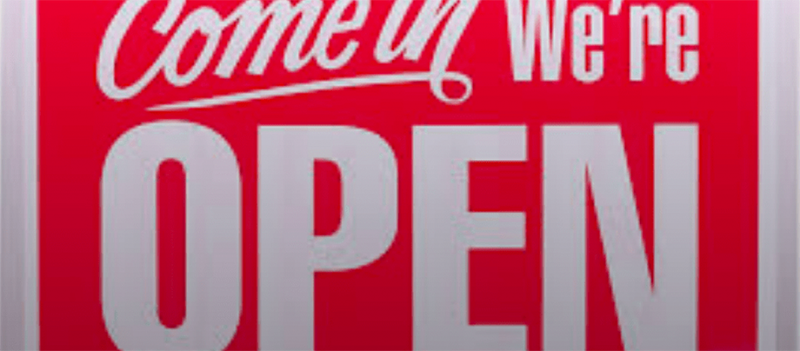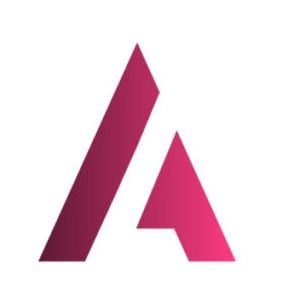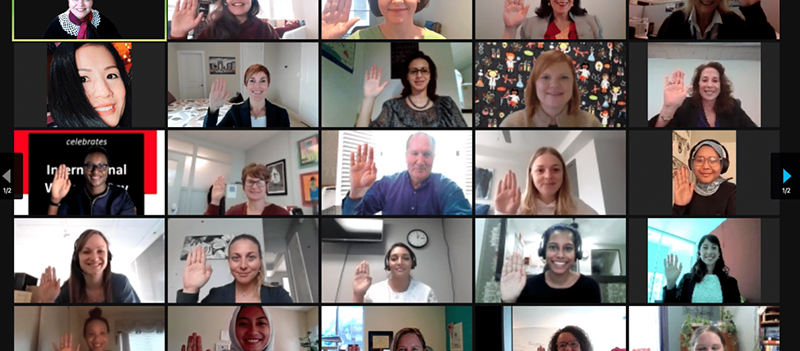I've had two cups of coffee and I'm shaking my head ("SMH")...
A study released by MIT, Stanford and the University of Washington looks at how how services like Uber and Lyft treat African Americans and women differently from white men.
Three notable trends: In Seattle, black people waited longer for Uber and Lyft drivers to accept their ride requests, and black riders waited up to 35% longer to be picked up by their UberX drivers. In Boston, Uber drivers cancelled on men with “African American sounding” names more than twice as often as on other men. Meanwhile, both ride-hailing companies took women in Boston for longer and more expensive rides than men. Our friends at Fortune magazine report that some of the differences between the behavior of the Lyft and Uber drivers can be attributed to the variations in the two companies’ platforms. And in September Airbnb published an extensive report in its approach to root out racism. I find this interesting as the internet is designed to drive a new sense of openness.
The sad fact is we all discriminate.
We have biases. But until we understand those biases, embrace, and then eliminate them, our world will continue to perpetuate such.
I once wrote a viral members-only post about discrimination and inclusion. Members shared with me privately that they were curious about resources on bias, inclusion and discrimination. I pitched it to the community to see who had answers.
Exclusion is so... 1980s.
After two years of working with many of you to build what we hope is an inclusive platform for all women and men in industry, I got just a tad bit hot in learning earlier this year that there were organizations in the industry discriminating against unemployed women. (in a downturn nonetheless) In my post, Excluding the Unemployed is just ... wrong, many agreed with me that keeping women on the sideline during a watershed event like the current downturn is just wrong. Excluding the unemployed is an incredibly short sided strategy. And it will send women out of industry into other jobs and tell young people there's no support for them.
People say the energy sector is elitist, egotistical, greedy and pretentious.
I'd argue in some cases I can see why those outside of the circle might think that. We're insular, terribly afraid to speak openly about what we do for fear of attack from the environmentalists and the misinformed (fair enough)... but ...what we do is crazy important to the economy and really, mankind. Yes, it's that meaningful, but we don't do anything to tell that story.
When we include, we engage people and bring others into the circle.
And our industry needs more people. I know you think I'm crazy to say that but the fact is we've lost 500,000 or more people and the climate conversations are getting louder and more angry.
We need people to understand what it takes to do what we do.
We need a pipeline of talent to serve our energy needs, and we sure need more women, minorities and underserved groups. The American Petroleum Institute has released great research in the area of minorities, women, and veterans, which all point to opportunities for all.
The industry needs a new approach and it needs to be inclusive (and different).
When I first launched Pink Petro, I called every organization I knew inside the industry (and we're still calling them) to invite them to be a part of what we're doing. I received great interest and optimism. Since we've brought on partner organizations and worked with several industry groups -- Petroleum Equipment Service Association, Women in Energy & Extractives Africa, Women in Oil and Gas Association, Consumer Energy Alliance, Gulf Coast Power Association emPOWER Women, Society of Petroleum Engineers, Young Professionals in Energy, and Energetic Women to name a few with many more coming.
We've grown our platform, our messages and our purpose driven community to thousands and will continue to grow to attract new interest in this awesome and dynamic industry. Because that's what it's going to take.
We've gone outside that box work extend our hand into mainstream non-energy groups (imagine that). We've forged relationships with Sallie Krawcheck and her professional women's network, Ellevate Network and Jeffrey Hayzlett and the largest executive network on the planet, C-Suite Network. We're working with companies in our ecosystem in Silicon Valley and made friends with the media. We're doing unconventional things because these times call for different solutions.
We know that to get at the gaps we have in the workforce, we're going to have to do the long, painful, hard process of attracting new people into the industry. That means going outside the box, attracting new blood, and looking for people who bring new ideas and different perspectives.
Energy isn't just for french cuff professionals.
In my research for Pink Petro I found very few organizations that serve all areas of the sector in the field. (You know... the field...where you get your hands dirty.) The largest source of job growth in the next 5-10 years is outside of the corporate office so why are we so focused on white collar jobs? (Because that's the status quo) . Don't get me wrong. We need accountants, lawyers, HR professionals, and the like to make the business run. But people think you have to be a traditionally educated french-cuff professional to make it into this business. My years in the field taught me that's just not the case.
Now as a Petroprenuer too, I am convinced there are opportunities left and right and we need to serve these areas of the workforce. Read here about some of our members who are self made: How Pure Grit and Determination Helped Tina Peters Achieve Success, Pink Petro Executive Member Profile Story: Donna Cole , Marsha Hendler - TerraFina Energy.
Men need to be with us, too.
Excluding men is another short-sided strategy. Men need to be in the conversation. I'd argue they are the largely the ones to make changes happen. They want to support us but we must include them in the room. A basic need of any human is to feel worth. Excluding men is just another form of discrimination. We're proud to include men in Pink Petro - 10% are members and we hope to see that number rise as we grow.
Energy is bigger than Texas and oil. (Yep, I wrote that.)
We see and know that energy is bigger than oil and gas, utilities, clean tech. It's bigger than Texas, Singapore, Brazil or Nigeria. We embrace the diversity it offers and the opportunities it affords so many. And we are proud to tell its story.
Have we met opposition?
Sure we have. Is it going to stop us? No. Here's a guarantee you won't get anywhere else: I'll spend the rest of my career shaping this industry to be more open and include anyone who wants to be a part of it.
Our future depends on it.
What do you think? What are the ways we can be more inclusive?





